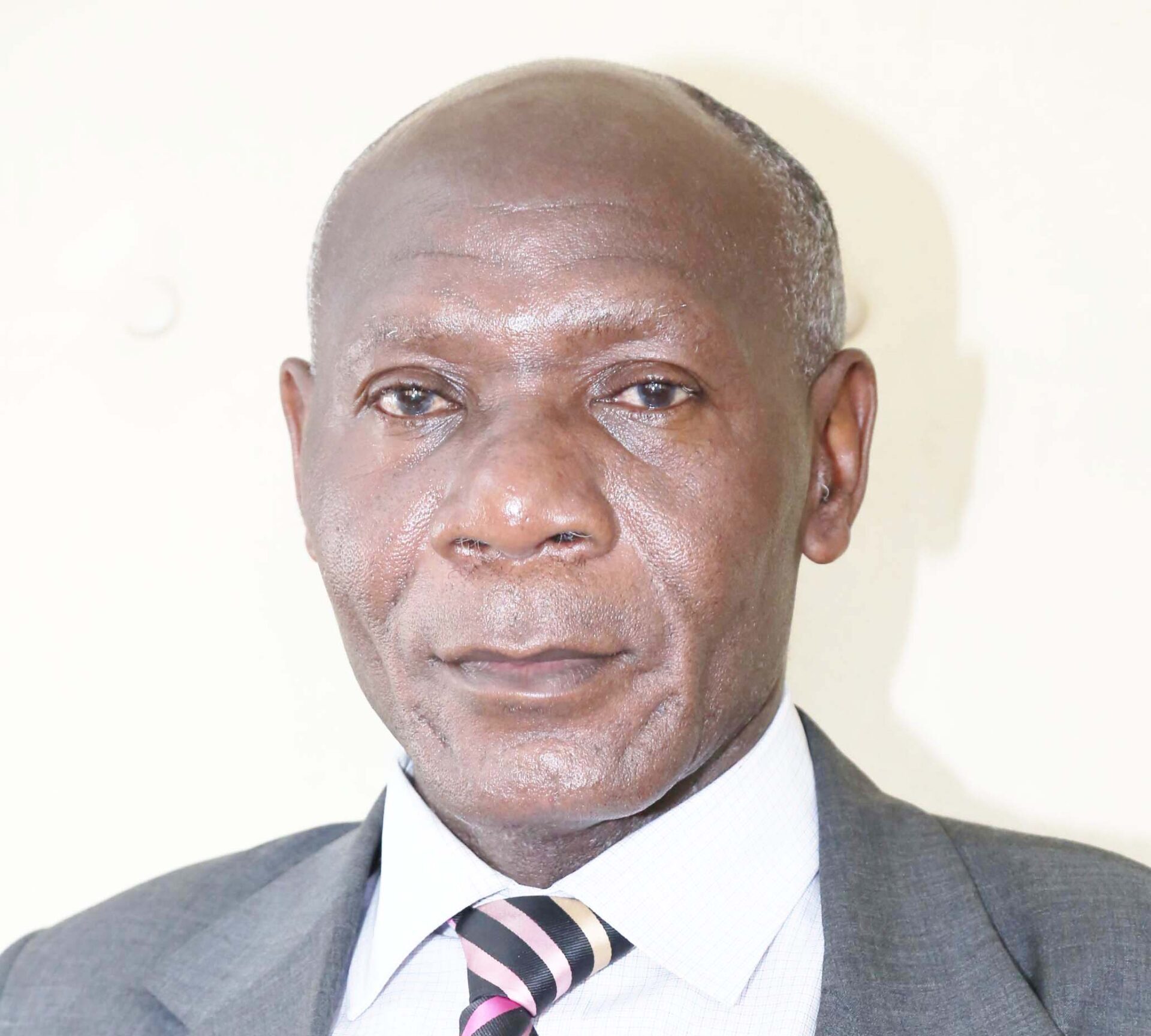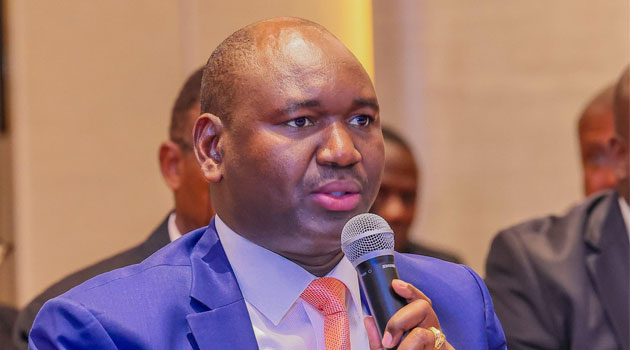If you think education is expensive, try ignorance. Robert Orben
I would like to thank the Cabinet Secretary for Education, Julius Ogamba and his Principal for Basic Education, Prof. Julius Bitok for assuring parents and children that the government will continue financing education through capitation as it has been over the years.
In effect therefore the policy on free primary and secondary education, as envisioned by President Mwai Kibaki remains largely unchanged.
Anxiety gripped stakeholders in education when the Cabinet Secretary for National Treasury and Economic Planning, John Mbadi told the members of the National Assembly committee that free basic education was no longer sustainable.
He cited the increased number of students in schools and constrained fiscal resources. Implied in the statement was the free primary and secondary education was too expensive.
A little history
The current capitation grants for secondary schools which are pegged at Ksh22, 244 for each learner didn’t just happen. It began with Ksh10, 265 in 2008 at a time when the approved school fee for secondary education was Ksh18, 000 per year. Most schools continued charging parents Ksh18, 000 but didn’t declare to parents the Ksh10, 265 subsidies from the government citing the steep increase in the costs of living at the time.
ALSO READ:
MoE appoints Tenwek High School to mentor construction of Bomet High School amid funding controversy
By 2014, most schools had virtually ignored approved fees ceilings for secondary education. Some schools charged parents as much as Ksh90, 000 over and above the capitation of Ksh10, 265 from the government.
If I remember right, it was the Catholic Church which raised a formal complaint with the then President Uhuru Kenyatta regarding the unsustainable crushing fees levied by secondary schools.
This led to the formation of Secondary School Fees Task force, Chaired by Dr. Kilemi Mwiria, to among others, enquire into the possible challenges in the implementation of tuition fees waiver programme in secondary schools and propose how they will be dealt with, identify and recommend best practices from public and private schools and other countries in governance and management and submit a report with clear recommendations to that effect.
It was the Kilemi Mwiria Task Force that, after extensive countrywide consultations with the public, recommended that the total costs of secondary education be Ksh23,973. The capitation would cater for teaching and learning materials, related operational costs and lunch for students in all public schools in Kenya.
In making the recommendation, the members of the Task Force anticipated that the government would meet the cost of teaching learning materials, critical operation cost and lunch programme for all learners in public secondary schools.
The Task Force, however, acknowledged the difficult fiscal constraints the government faced and recommended that in the interim, the government should peg a capitation of Ksh 12,870. Parents in Day Secondary School would pay Ksh11, 105, while County Extra Schools and National Schools charge parents, Ksh38,969. The total fees for County Extra Schools and National Schools were pegged at Ksh51, 839 and special schools at Ksh55,435. Parents and guardians of Children in special schools were to pay Ksh32,600.
ALSO READ:
How CHAN tournament in Kenya will boost soccer development in schools
The Government subsequently raised the capitation fees for secondary education to Ksh22, 244, as earlier recommended by Kilemi Mwiria Task Force. County Schools and National Schools were now to charge Ksh40, 000 and Ksh55, 000 respectively to meet the costs of boarding.
It is instructive that the government delegated the responsibility of meeting the costs of lunch for students in Day secondary Schools to parents and guardians.
Suffice it to say that a lot of thought and caution informed the current levels of capitation. The policymakers at Treasury took into account the annual increase of learners from year to year, the ensuing fiscal constraints in recommending to the government the current capitation levels.
There are other non-economic fundamentals behind the free primary and secondary education, notwithstanding the costs. It is important to close the educational gaps that were created when provision of basic education was left to households. Public funded basic education can help the government to remove the enormous disparities in educational access, inclusion and achievement that have defined provision of education in the past.
Danger to the safety and well-being of the nation lurks if we leave the less privileged outside the orbit of education. We make the country less secure. Removal of subsidies in education denies the country that exceptionally able and talented child whose parents and guardians cannot afford education.
ALSO READ:
Ruthless St. Joseph Kitale on fire, chases first-ever National soccer glory in Mumias today
The current capitation of Ksh22, 244 doesn’t cater for lunch for learners in Day secondary schools. The Ministry of Education recommended that schools could, with the parents, agree to provide lunch for the learners at a fee of not more than Ksh5, 000. There are schools which charge Ksh3, 000.
Visit any of these schools. Most parents don’t pay the money. Some of the parents are too poor to raise these amounts. Most of the bursary that Constituency Development Fund pays to students in Day secondary schools is for Lunch money.
Believe me you: Most of the debt’s parents owe to students in day secondary schools are in terms of unpaid lunch fees. I discovered recently that there are day schools which are owed well over Ksh500, 000 in unpaid lunch fee arrears which go back to more than four years.
Mbadi’s warning that the government could not sustain the free primary and secondary education means that you destroy the gains the government has made in improving access to equitable basic education to all learners without regard to their socioeconomic backgrounds. Implied in the warning is that government subjects’ provision of education to the market.
What this means to the country is scary. The Treasury should support public funded education. Suspending or scaling down the capitation for free primary and secondary education is not an option.
By Kennedy Buhere
Buhere is a Communication Specialist
You can also follow our social media pages on Twitter: Education News KE and Facebook: Education News Newspaper for timely updates.
>>> Click here to stay up-to-date with trending regional stories
>>> Click here to read more informed opinions on the country’s education landscape






